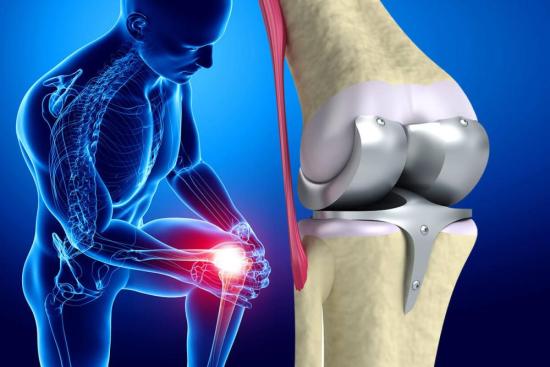Do you suffer from chronic knee pain that limits your mobility and affects your quality of life? For many patients suffering from osteoarthritis, injury, or joint degeneration, knee replacement surgery provides a life-changing solution.
Performed in Turkey, this procedure combines safety, effectiveness, and affordability. Expert orthopedic surgeons operate in state-of-the-art clinics, ensuring precision and comfort throughout your treatment.
Risks and Side Effects
- Persistent pain
- Fracture
- Infection
- Stiffness
Cost of a knee prosthesis in Turkey
Considering knee replacement surgery in Turkey? Understanding the costs upfront can help you plan your treatment with confidence. The price of a knee prosthesis may vary depending on your age and the clinic you choose. On average, in our partner clinics, the placement of a knee prosthesis costs around $10,800 USD.
What's included in this price:
- Hospital stay in a modern clinic.
- VIP transfers from the airport to your hotel and to the clinic.
- Comprehensive preoperative examinations.
- Postoperative care and follow-up.
- Full cost of the knee prosthesis placement.
Want expert advice and a clear estimate for your knee replacement? Book your free online consultation with our specialists and receive personalized guidance for your case.








